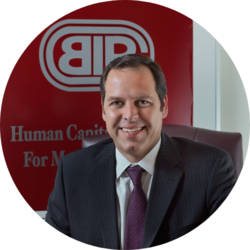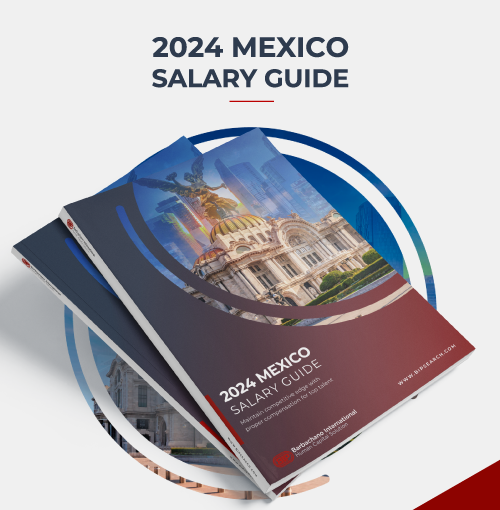
Companies always go out of business, and I’m not referring to start-ups that never get enough momentum to flourish. Half of the Fortune 500 companies that existed as recently as twenty years ago no longer exist today. According to international business and technology advisor Bernard Marr, businesses fail for ten key reasons:
- Complacency
- Lack of sustainability
- Poor customer service
- Slow innovation
- Falling behind on tech
- Deprioritizing data
- Failure to attract and keep talent
- Not developing future skills
- Failure to build strong partnerships
- Lack of authenticity and transparency
If you notice, 80 percent of the listed reasons for failure (numbers one, three, four, five, six, seven, eight, and nine) can be linked to one primary, overarching component: lack of forward thinking. In other words, companies whose leadership gets mired in the status quo and doesn’t future-proof their mindsets, processes, and toolkits run a high risk of foundering.
To position themselves to sail through the maelstrom of change that is the 21st-century business world, leaders need to be aware of and prepared to navigate those changes. The following workplace trends should be top-of-mind for anyone planning to enjoy a lasting executive career.
Rapid Tech Change
Today’s workplace is almost unrecognizable compared to what it was even a decade ago. Much of the rapid change we’re seeing has to do with digitization and tech, so management must keep up with those trends to keep their companies relevant and competitive. They must adopt and encourage technologies like machine learning, artificial intelligence, the internet of things (IoT), the cloud, and whatever comes next. The game’s name is agility, or the ability to change and pivot as times and tools demand.
Hybrid Teams
The pandemic changed how the office looks and operates by teaching us that many workers can function (and do it well!) remotely. Now, leaders face the challenge of effectively managing hybrid teams with some fully remote members, some partly remote members, and some frontline workers who have to be on site. Leaders must learn to balance flexibility options equitably, promote collaboration, utilize technology effectively, and foster a cohesive team despite the members’ varying proximity to each other. In addition, they should be able to establish clear routines, strike the right balance between trust and expectations, and promote employee development.
More Robust DEI Initiatives
Diversity, equity, and inclusion have long been buzzwords in every industry, but they are now values that have proven essential to successful leadership. Qooper co-founder and CEO Omer Usanmaz extols the benefits of a strong DEI initiative, stating that it “…Leads to better decision-making, increased innovation, and improved employee engagement and retention along with a better employee experience. Additionally, [it can] help organizations attract and retain top talent from underrepresented candidates and […] improve their reputation and public image” (Qooper). Future-conscious executives must embrace a diverse, inclusive culture for the good of their organizations and their own career longevity.
Increased Focus on Culture
Leaders in too many organizations still value the “what” (results) above the “how” (how they achieved them), which is becoming an antiquated priority. Forward-thinking leaders must quash this mindset. While the “what” will always be important, leaders who adopt a “win at any cost” mentality are fast losing their influence … and their employees. Human resource executive and previous VP of Talent at Aecon Group, Heather Colquhoun asserts that employees find work meaningful when they align emotionally with the company’s purpose, values, and methods. This alignment, in turn, increases their engagement and therefore their productivity (TM). On the flip side, “toxic company culture” has become the number one reason employees leave their jobs.
Expanded Talent Pipelines
These days, an increasing number of employees are plotting less predictable education and career paths rather than graduating from college and jumping right onto the proverbial corporate ladder. For that reason, companies are now struggling to find talent using traditional sourcing methods and criteria. Progressive leaders need to learn how to evaluate applicants based on whether they have the requisite proficiencies, regardless of where they got them. They can do so by removing formal education and experience requirements from job postings and moving toward a skills-based search and interview approach.
In the modern business environment, successful leaders stay ahead of the sharply-turning curve by keeping abreast of workplace trends and adapting accordingly. They don’t resist change but rather flow with it in terms of adopting new technology, learning new ways to manage hybrid teams, implementing more vigorous DEI initiatives, more clearly defining their company culture, thinking outside the box when it comes to hiring choices, or adapting to whatever other changes present themselves. Forward-thinking leaders can position themselves for continued success and future-proof their careers by staying in-the-know and proactively addressing emerging challenges and changes.

By Fernando Ortiz-Barbachano
President & CEO of Barbachano International (BIP)
Barbachano International is the premier executive search and leadership advisory firm in the Americas (USA, Mexico, Canada, and Latin America) with a focus on diversity and multicultural target markets. Outplacement and Exe

